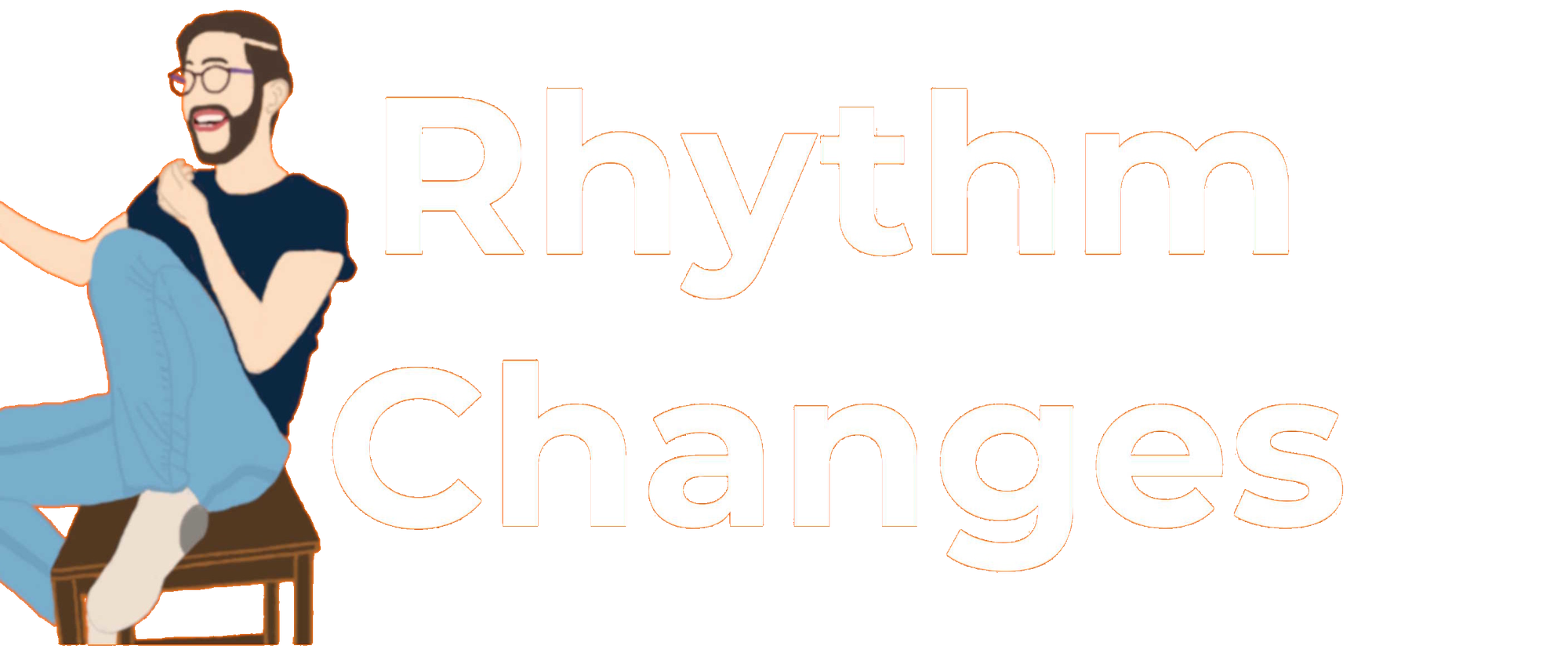My favourite quote about CapU jazz
And the tension between vocations and university

"If the success of a jazz studies program is measured by the number of jazz musicians it turns out, then they are all failures. If the success is measured by how many students come out understanding more about the music, loving and respecting its traditions and supporting the preservation of jazz music as a living art form, then they are a tremendous success."
That is from Jared Burrows on the vancouverjazz.com forum – that imitable time capsule I hold dear – back in November 2008.





